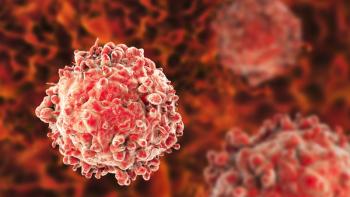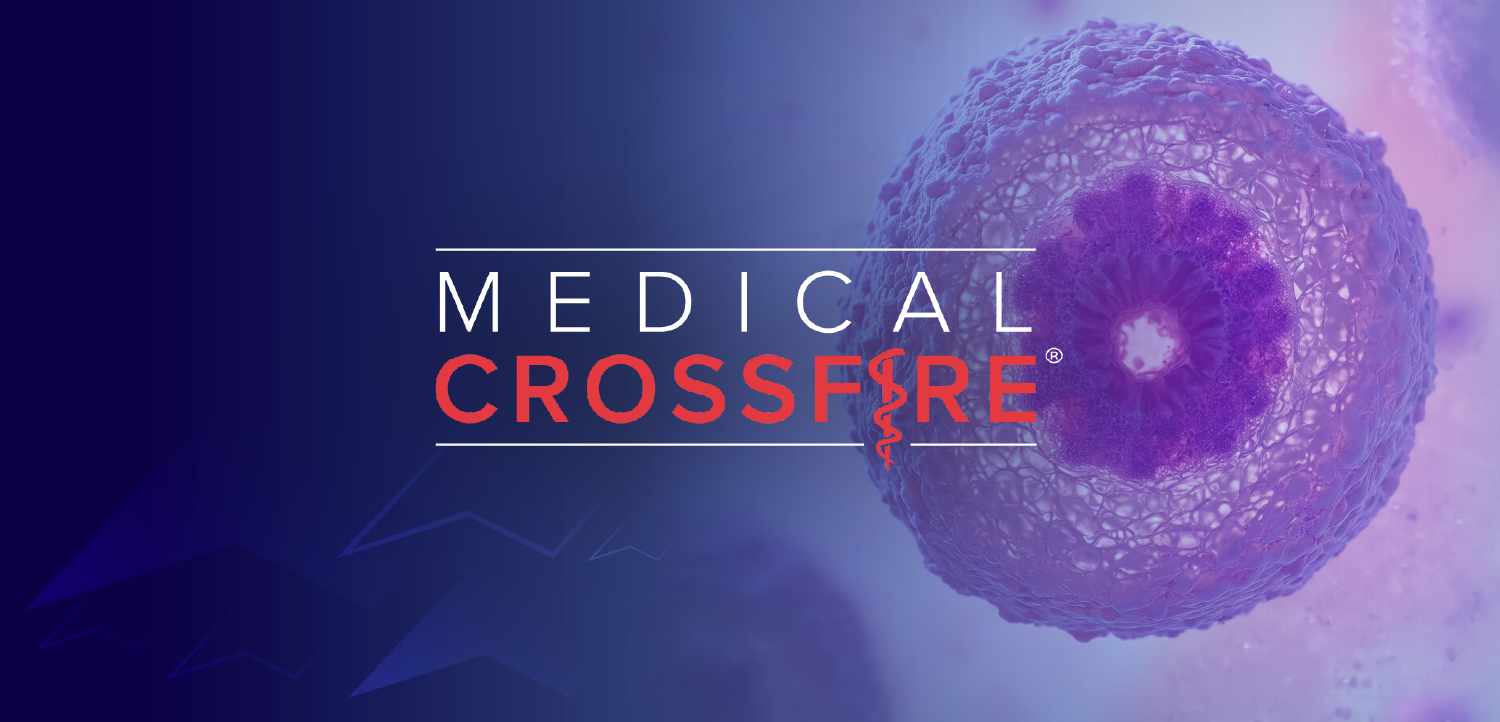
Increase in Direct-to-Consumer Genomic Testing Yields New Ethical Considerations for Oncology Nurses
Oncology nurses make the case for nurse intervention with direct-to-consumer genomic testing.
According to Cheryl Ann VerStrate, DNP, RN, AGPCNP-BC, OCN, and Suzanne M. Mahon, DNS, RN, AOCN®, AGN-BC, FAAN, it is important that oncology nurses are aware of the rising popularity of direct-to-consumer genomic testing and are prepared to discuss the limitations of these tests with their patients.1
“With more individuals pursuing DTCGT [direct-to-consumer genomic testing], it is likely that requests for the interpretation of results in the clinical setting will increase accordingly,” the nurses wrote in a literature review that was recently published in the Clinical Journal of Oncology Nursing.
Direct-to-consumer genomic tests are those where a customer sends a saliva sample to a company and receives test results on a secure website. These data will not be included on their electronic health record unless they specifically request it.
The marketing for these tests advertise that they help an individual better understand their own genomics, so consumers may feel that these tests help them prioritize their health and understands their risk of malignancies. However, VerStrate and Mahon argue that nurses should refer patients to a genetic professional when possible.
Clinical vs Direct-to-Consumer Tests
More than 26 million consumers have shared that they have used direct-to-consumer genomic testing from one of 5 prevalent companies, and it is anticipated that the global market will surpass $4.4 billion by 2028.
Clinical testing, when patient initiated, still requires a health provider sign-off, which distinguishes it from a direct-to-consumer test. Patient-initiated clinical testing usually includes counseling via telehealth or chatbot. It also usually includes comprehensive sequencing and identifies variants for the purpose of clinical decision-making. Similarly, provider-initiated clinical testing includes pretest counseling. These clinical tests use comprehensive sequencing, are often covered by insurance, and identify variants for clinical decision-making.
Importantly, clinical testing usually includes comprehensive sequencing whereas direct-to-consumer testing uses single nucleotide variant methods. Other significant differences include the fact that direct-to-consumer tests do not require health provider guidance or pretest counseling. Further, direct-to-consumer genomic testing identifies risk variants and other traits for educational purposes rather than for clinical decision-making.
According to the authors, many individuals perceive direct-to-consumer tests to be more convenient because they do not have to arrange multiple appointments and because it is both faster and more affordable. Patients may also feel that this testing is confidential since they do not have to share the results with their health care team.
“Individuals may assume they will receive clear, accurate health information to actively manage their health, allowing them to feel empowered,” the authors wrote.
However, direct-to-consumer testing is limited. These tests “screen for only a few specific variants in a limited number of genes associated with malignancy or other diseases,” the authors wrote, citing, as an example, the popular direct-to-consumer company, 23andMe.
23andMe advertises that their test assesses a patient’s risk of developing cancer, but there are limitations. The test only assesses 3 variants in the BRCA1 and BRCA2 gene and 2 variants in the MUTYH gene, which, according to VerStrate and Mahon, means that only a small number of germline pathogenic variants that increase cancer risks can be identified.2 They assert that this could lead individuals to underestimate their risk of developing a malignancy and consequently be less vigilant in their screenings and other surveillance activities.1
Direct-to-consumer testing may also have unanticipated ethical complications. According to VerStrate and Mahon, corporate ownership of personal data is complicated and can result in a company using patient data at their own discretion. 23andMe has acknowledged that they resell genomic information to pharmaceutical companies and clinical researchers.3 These companies often use blanket statements to obtain permission from consumers to use their personal data for future research at the time of consent.4 Because it is unlikely that consumers will fully grasp the implications of these statements, true informed consent can become absent, diminishing patient autonomy.4 Some of these companies also change their privacy policies without information their consumers, compromising the validity of the informed consent process.4
In addition, patients who receive positive results may face increased prices for life, long-term care, or disability insurance. Although the Genetic Information Nondiscrimination Act was passed to protect individuals from such discrimination, the Act’s protections do not extend to these insurance types or those who receive their insurance through the military or federal government.4 Because patients who use direct-to-consumer tests often do not have pretesting counseling or an informed consent process, the ethical principle of justice is in jeopardy, according to the authors.1
Implication For Practice
According toVerStrate and Mahon, both the general population and health care professionals need to increase their awareness about the clinical and ethical consequences surrounding direct-to-consumer tests. Oncology nurses, in particular, may find themselves receiving questions about these tests and their results, so it is important that they are prepared to walk patients through the risks and benefits of these tests and refer them to genomics professionals when possible.
There are numerous resources available for nurses use as guides. The
“Oncology nurses can assist patients in navigating the field of genomics through consistent and comprehensive risk assessment, patient education about the risks and benefits of [direct-to-consumer tests], and referral to genomics professionals when appropriate,” they concluded.
References
- VerStrate CA, Mahon SM. Direct-to-consumer genomic testing through an ethics lens: oncology nursing considerations. Clin J Oncol Nurs. 2023;27(4):380-388. doi:10.1188/23.CJON.380-388
- Kilbride MK, Bradbury AR. Evaluating web-based direct-to-consumer genetic tests for cancer susceptibility. JCO Precision Oncology. 2020;4:161–169.
doi: 10.1200/PO.19.00317 - Raz AE, Niemiec E, Howard HC, Sterckx S, Cockbain J, Prainsack B. Transparency, consent and trust in the use of customers’ data by an online genetic testing company: an exploratory survey among 23andMe users. new genetics and society. 2020;39(4):459–482.
doi: 10.1080/14636778.2020.1755636 - Daviet R, Nave G, Wind J. Genetic data: potential uses and misuses in marketing. J. Mark. 2022;86(1):7–26.
doi: 10.1177/0022242920980767 - Underhill-Blazey M, Klehm MR. Genetic discrimination: the Genetic information nondiscrimination act’s impact on practice and research. Clin. J Oncol Nurs. 2020;24(2):135–137.
doi: 10.1188/20.CJON.135-137
Newsletter
Knowledge is power. Don’t miss the most recent breakthroughs in cancer care.
















































































